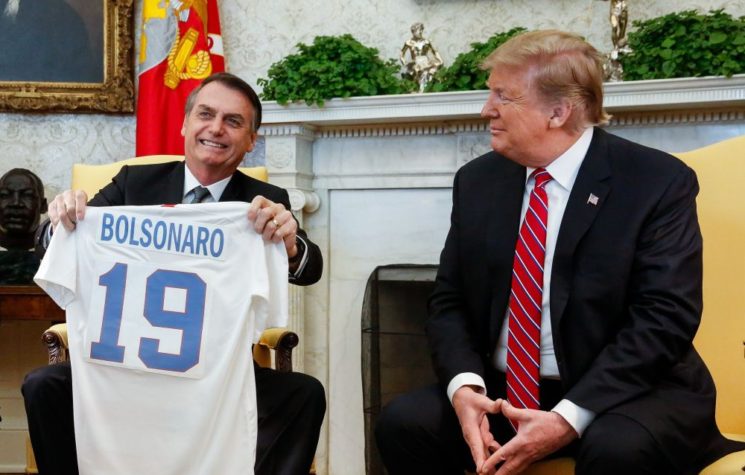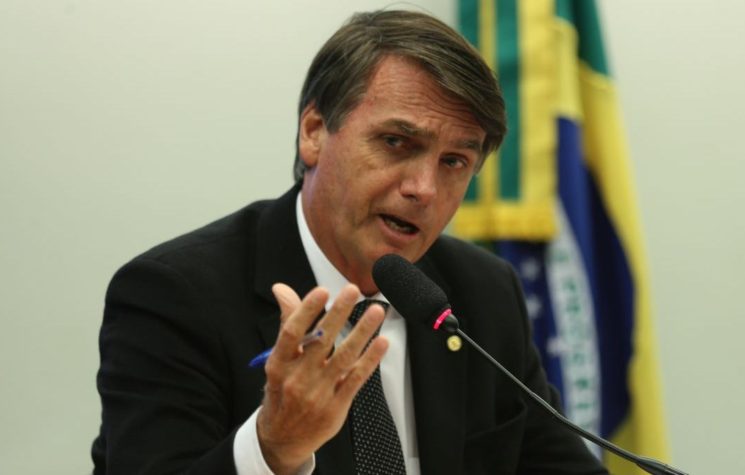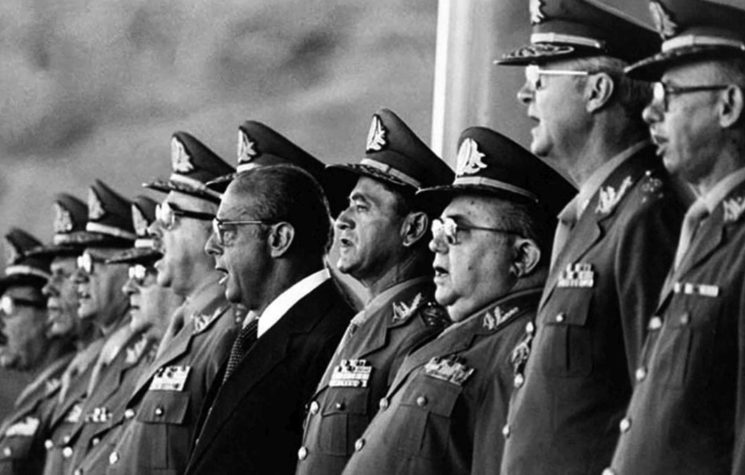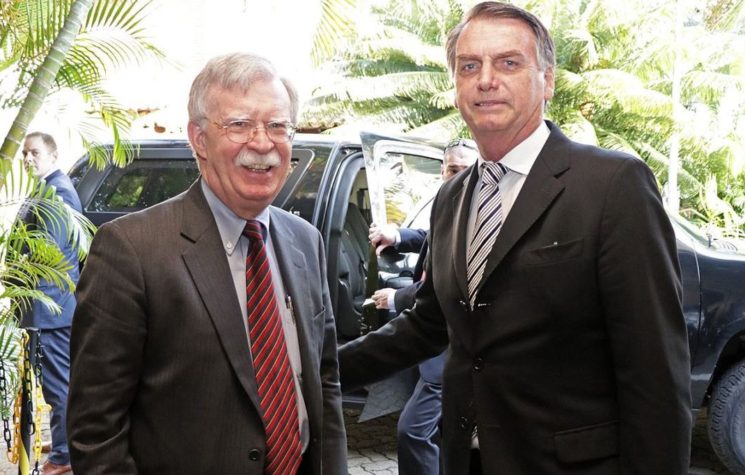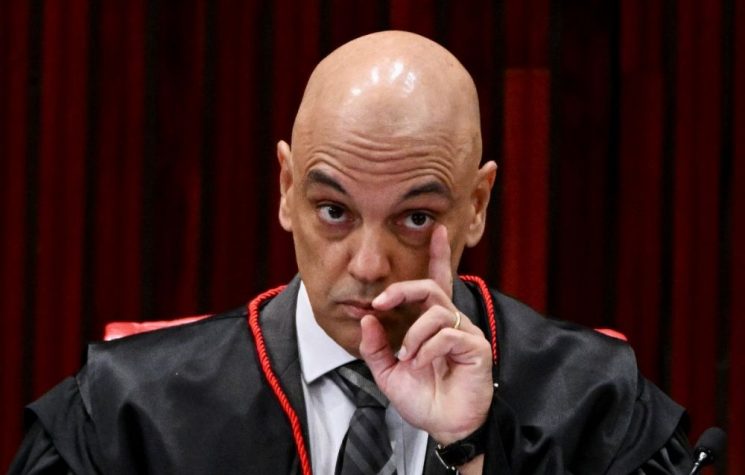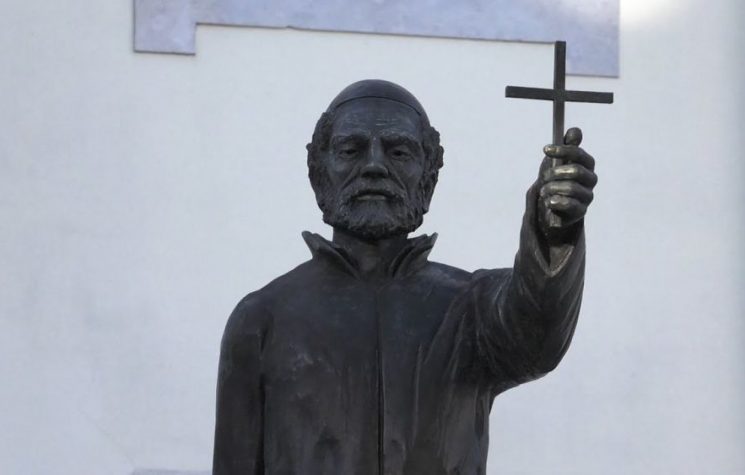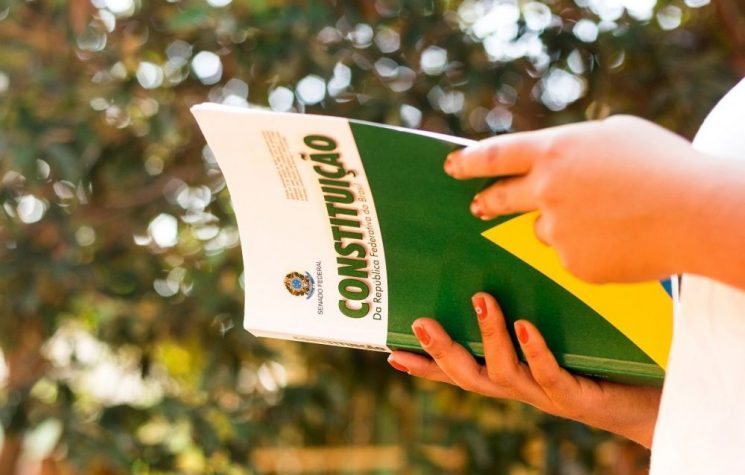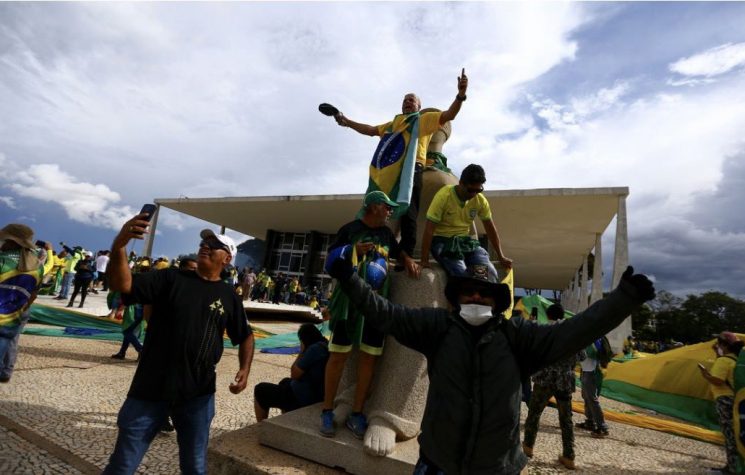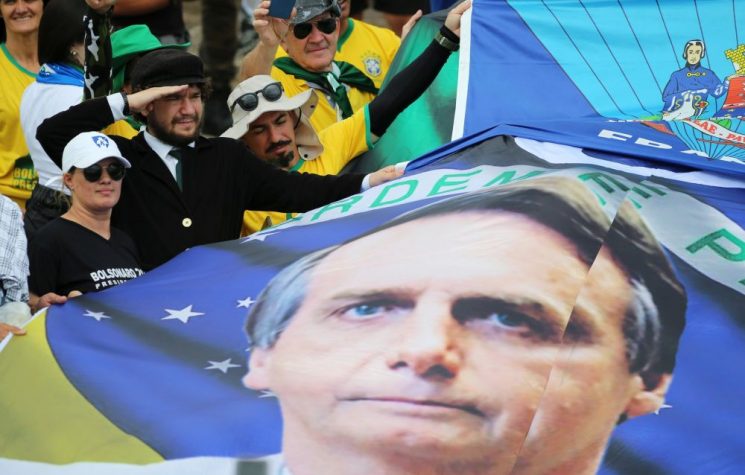Brazil’s President Jair Bolsonaro is giving practical examples of what happens when a democratically-elected government implements dictatorship-era practices. How is oblivion defined and what happens when it becomes a trigger for remembrance?
Bolstered by the Amnesty Law enacted in 1979 and which remains effective to date, Bolsonaro taunted Felipe Santa Cruz, President of the Brazilian Bar Association and the son of Fernando Santa Cruz, who was disappeared during the dictatorship in 1974. According to Bolsonaro, Santa Cruz was killed by a militant left-wing group. “If one day the president of the OAB wants to know how his father disappeared in the military period, I will tell him. He will not want to hear the truth.”
Brazil’s National Truth Commission states otherwise. According to testimony, Santa Cruz was detained in Rio de Janeiro, tortured, killed and disappeared along with other political prisoners.
Bolsonaro is not alone in promoting the false narrative of dictatorship opponents turning against each other. In Chile, the dictatorship targeting of the Revolutionary Left Movement (MIR) between 1974 and 1975, known as Operación Colombo, was concealed through a heavily publicised media narrative of militant in-fighting and purging of their ranks.
To prevent further questioning about Santa Cruz’s disappearance by the Special Commission of the Political Dead and Missing (CEMDP), Bolsonaro fired four out of seven members of the commission, replacing them with pro-dictatorship representatives. The committee was enacted in December 1995 and it has so far encountered 480 cases of forced disappearances during the dictatorship.
A 2014 report by Brazil’s National Truth Commission identified over 400 individuals killed and disappeared by the dictatorship, as well as over 375 dictatorship agents by name. Yet the 1979 Amnesty Law has prevented prosecution and conviction of the perpetrators.
Former CEMDP President Eugenia Augusta Gonzaga declared Bolsonaro’s disruption of the organisation’s work as retaliation for defending the facts known so far regarding Santa Cruz’s disappearance.
For all Bolsonaro’s rhetoric of refusing to dig up the past, it is clear, however, that the government is promoting a selective oblivion – one that refutes dictatorship crimes while glorifying the dictatorship network. Days after the insults directed at Santa Cruz, Bolsonaro praised Colonel Alberto Brilhante Ustra as “a national hero”. The National Truth Commission has attributed 45 disappearances to Ustra’s period as head of military intelligence.
Brazil’s right-wing defines Bolsonaro’s actions as a rewriting of the historical narrative. Yet, defining the dictatorship as a process which saved the country from communism is a clichéd statement that has been regurgitated by dictatorships in Latin America.
It must be remembered that the US promoted this neoliberal narrative, mostly prominent in the case of Chile when it was feared that Salvador Allende’s Unidad Popular would trigger a wave of revolutionary socialism through democratic elections. In the words of Henry Kissinger, “I don’t see why we need to stand by and watch a country go communist because of the irresponsibility of its own people.”
Ongoing US influence in the region, as well as the failure to utilise the democratic transition following dictatorships as the means to restore justice, have left people vulnerable to prolonged human rights violations. However, Bolsonaro’s calls for oblivion under democracy sets a dangerous, although not unique precedent, as regards protecting state actors by withholding information, debasing victims’ experiences and testimony, as well as strangling Brazil’s quest for justice and collective memory.
However, the call for oblivion as demonstrated by Bolsonaro also has gaps that must be expounded upon. There is a contradiction in exalting dictatorship practices while refuting the ramifications of torture, extermination and disappearance. Reports have confirmed human rights violations. Had there been no crimes against humanity and the intent to replicate such crimes within a purportedly democratic period, there would be no calls for oblivion. Instead of focusing on the latter as an imposition, it is imperative that oblivion is used as the catalyst for mobilisation of Brazil’s collective memory.








